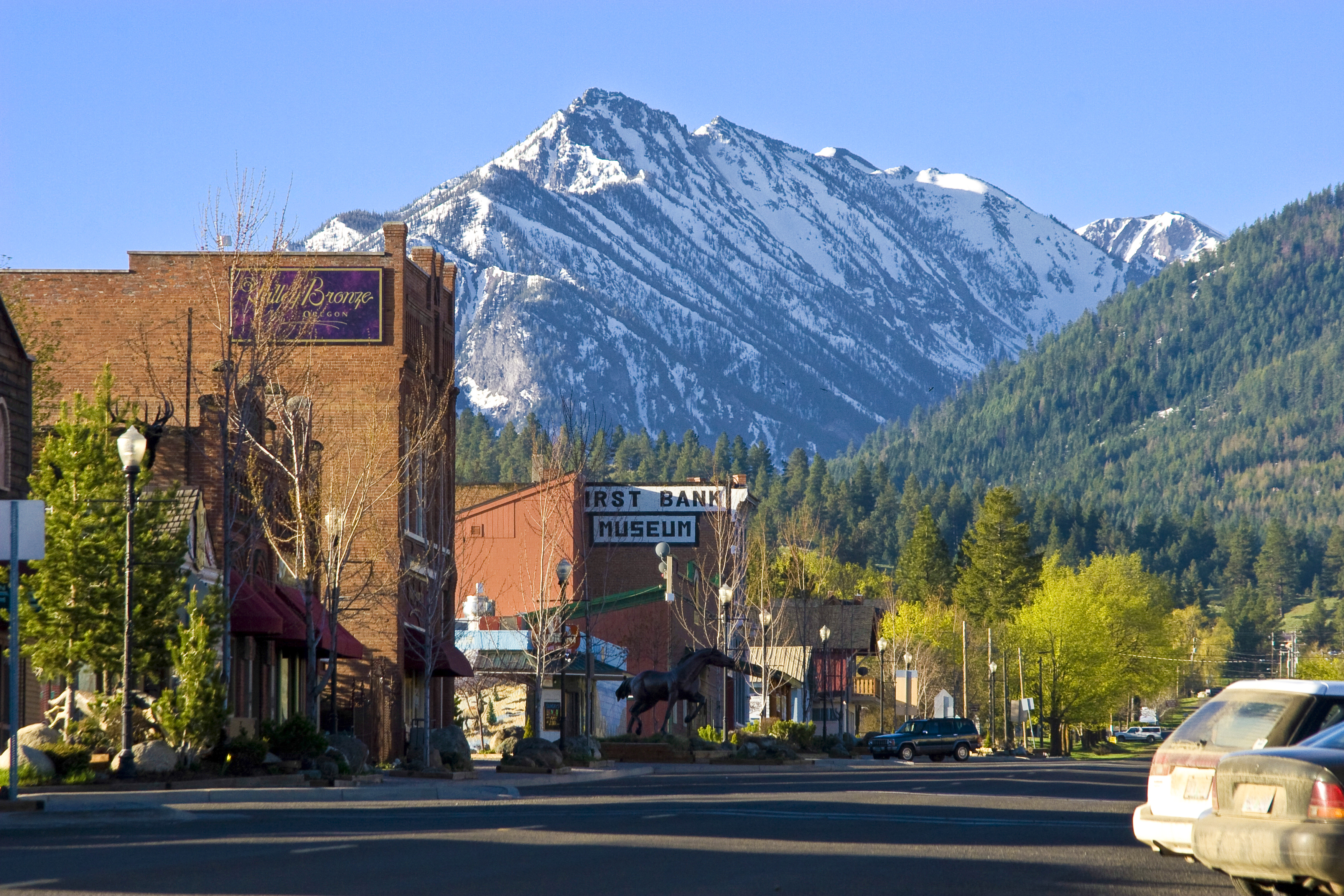 On the last day of the 2015 State of the beaver conference, USFS Hydrologist Suzanne Fouty came over for dinner and spent the night in our home by the river. There was a lot of eco-conversation, nice wine and good food, and she was much beloved by our labrador and her hosts. One fact she stressed over and over and made a HUGE impression on me, so that whenever I read something like it I think of her.
On the last day of the 2015 State of the beaver conference, USFS Hydrologist Suzanne Fouty came over for dinner and spent the night in our home by the river. There was a lot of eco-conversation, nice wine and good food, and she was much beloved by our labrador and her hosts. One fact she stressed over and over and made a HUGE impression on me, so that whenever I read something like it I think of her.
Wolves are the key that let beavers do their magic.
See beavers can work magic, but they need materials to do it. They need willow on the riparian to eat and build dams which make their dramatic difference possible. When the waters edge is trampled by cows or elk, the important willow doesn’t grow back or gets eaten up and beavers can’t do their job. Suzanne is a firm believer that elk need wolves to be lurking so they are motivated to stay away from open streams and don’t eat the new shoots trying to grow. She said fencing can do some of it, but was expensive and easily damaged. She wanted to stress it at the conference but there were too many negative feelings about wolves to broach the subject.
This letter reminds me of our conversation for two reasons. One because of the content, which is excellent, and two because of the source. Wallowa- Whitman is the national forest where Suzanne works.
Well, Dallas McCrae got one thing right in his recent letter to the editor: He’d be laughed at. It’s disturbing that the go-to solution to the problem of overpopulated elk is to build a wall or a giant game fence, as the case may be. Is he serious? Sadly, I think he is.
A game fence, at least eight feet high, along the Hwy. 82 corridor and lower Wallowa Valley? Kinda sounds like Trump’s border wall, which, no doubt, is the inspiration for this idea. The game fence is part and parcel of a problematic habit of thinking … namely that we can solve an issue by isolating it without any ill effects.
Worst, many unintended consequences are entirely foreseeable. Who couldn’t see that putting dams up and down the former Colubmia River, now Columbia Reservoir System, would all but wipe out salmon runs?
The answers are right there staring us in the face. The simple alternative solutions don’t require massive expenditures of resources, only a change in perception and attitude. Thus, I offer another even easier fix than a fence. Listen to the land, to each other. Listen to the keystone species of wolves, salmon and beaver. Li sten to the elk themselves.
sten to the elk themselves.
Wolves, it turns out, are quite good at driving elk –– entire herds of elk –– off land. It is what they excel at and have excelled at for gosh hundreds of years. They know much more than we do about the oxymoronic pretense of “managing” wildlife.
Gosh, that’s a great letter. An epic letter. I could read much more from Mr. Asplund and be very very interested in what he has to say about beavers. I couldn’t find much about him online, except he’s a farmer and ran for city council last year. He got 17% of the vote sadly and didn’t win, but writing letters like that makes him much too smart for city council anyway.
Of course I sent this to Suzanne to find out if they were already friends, or just kindred spirits. I’m sure they would have lots to talk about over a beer or two. I know they would have a lot in common.







































